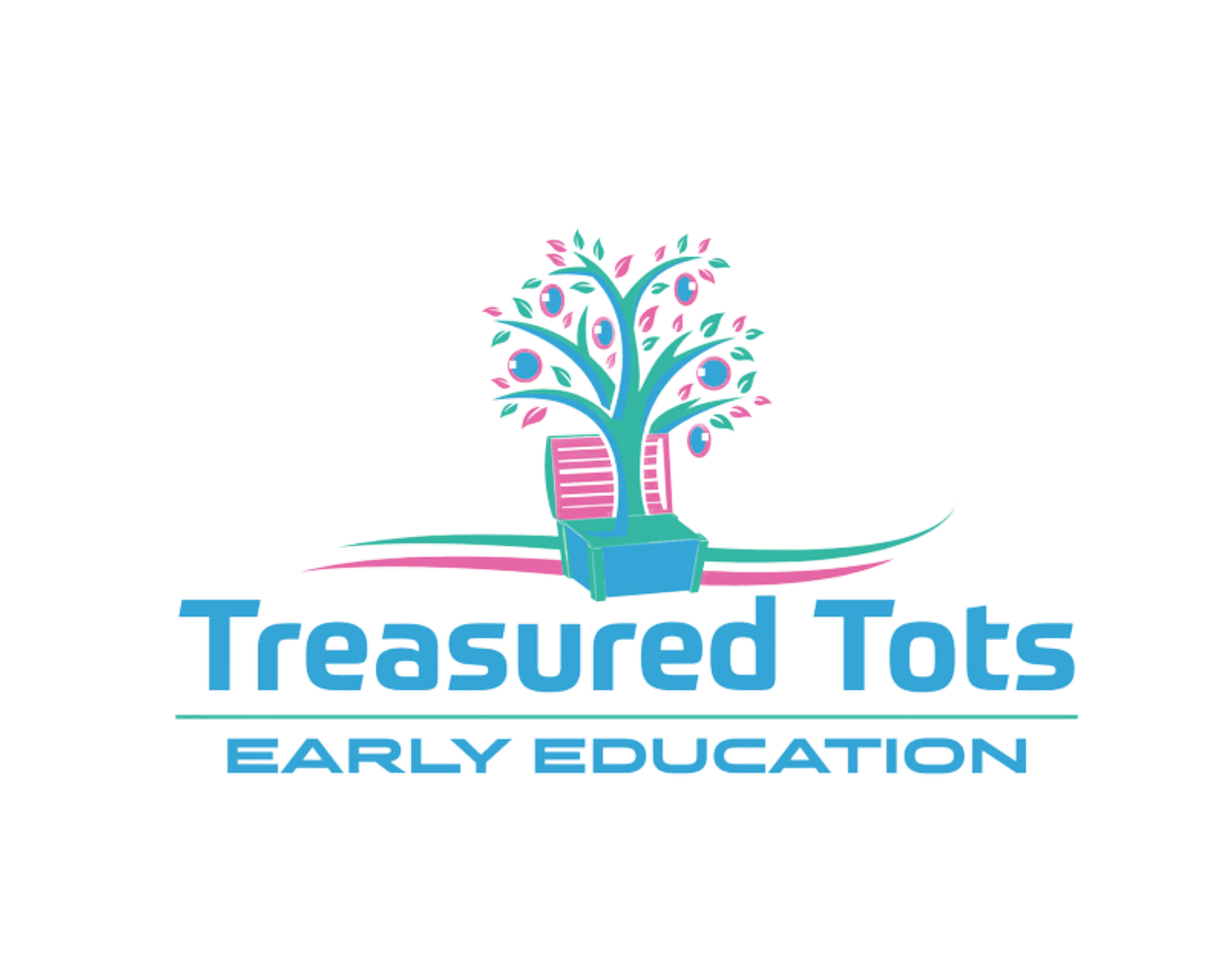What is Quality Childcare?
When choosing a childcare centre for your children, you will often look at the centre, how the educators interact with children, how much freedom they have to explore and develop and of course the cost. For some parents, they also go on gut feel – that is, do they feel comfortable the moment they walk in the door? Is this a place they could comfortably leave their child while they go to work?
Quality childcare means different things to different parents. This is based on individual values, beliefs, social and cultural norms, and of course, who is making the decision on childcare options. There are however, three main factors that really dictate whether the childcare being provided is quality. The three basics of quality childcare are:
Well-trained and educated caregivers who provide consistency of care
A healthy and safe setting for your child
An environment where your child’s physical, mental, emotional and social development is enhanced and nurtured.
Quality Childcare to a Child
Perhaps surprisingly, your child will have their own idea of what makes their care quality. Children tend to be looking for an educator, carer and peers who accept them whatever their culture and abilities. They are looking to make friends and to be cared for by adults who are responsive to their needs. They also want to be emotionally and physically comfortable with plenty of fun and engaging activities. Children are fairly easy to please aren’t they?
Quality Childcare to a Parent
As mentioned above, all parents will see quality childcare differently depending on their individual needs and circumstances. Almost all parents are looking for a childcare centre that ensures the health and safety of their child – they want a centre where their child is happy, as well as being affordable and located conveniently, whether that be close to home or close to work.
But what else should you be considering when looking for a high-quality childcare provider? Apart from the health and safety aspects, factors such as the below are essential to both the wellbeing of your child and their enjoyment at the childcare centre:
Well-balanced meals and snacks, taking into consideration any allergies and intolerances
Specific times set aside for active play, particularly outdoor play
Specific times set aside for quiet, indoor play and rest
Plenty of opportunities to develop skills across motor, language, social and emotional aspects through play
The educators providing positive interactions for children and their families
Support and communication between educators and families
Ability to cater for diversity and difference
Wellness Program – Resilience, Wellbeing, Awareness
As part of providing a high-quality childcare service to families, Treasured Tots developed a Wellness Program that focusses on three key pillars - resilience, wellbeing and awareness. The team behind Treasured Tots believe in providing a program whereby children can learn about themselves and others in an interactive and responsive setting. The intention behind the program is to promote self-esteem, reliance and emotional regulation from a young age, preparing children for everyday life, as well as developing strong foundations to help them transition through the childcare setting and then into school.
This wellness program meets many of the factors that parents are looking for when searching for quality childcare, including opportunities to develop a variety of skills, having the support for emotional growth, and supporting positive interaction between children of all ages.
The thought behind providing quality early childhood education is in the ability of a child to flourish while they are younger, giving them the ability to thrive in later years at school and then as an adult. It is well documented that early childhood education is critical to a child’s education and success, and it is essential to find a quality provider.
In a paper for the Mitchell Institute, Kate Torii, Dr Stacey Fox and Dr Dan Cloney wrote that getting quality childcare for your child, is the key piece of the puzzle to delivering the benefits of early education. They note that while all children benefit from high quality early learning, the benefits of early education can “only be realised if children have access to learning opportunities that are of sufficiently high quality to substantially impact their development.”
While early education interactions through a quality childcare provider leaves a positive impact on children, it is the nature, quality and consistency of those interactions that make the biggest difference. It is through sustained interactions that educators can help children foster their communication, extend their thinking and develop the ability to manage and control their emotions, as well as developing relationships and becoming effective learners.

